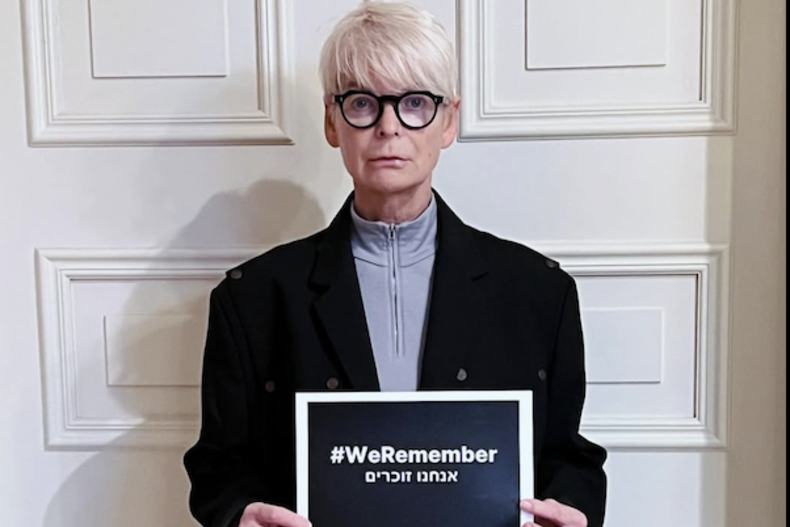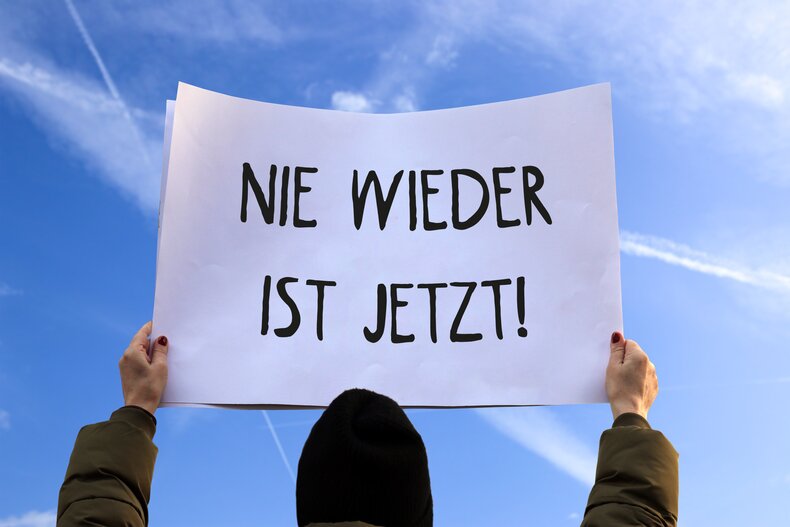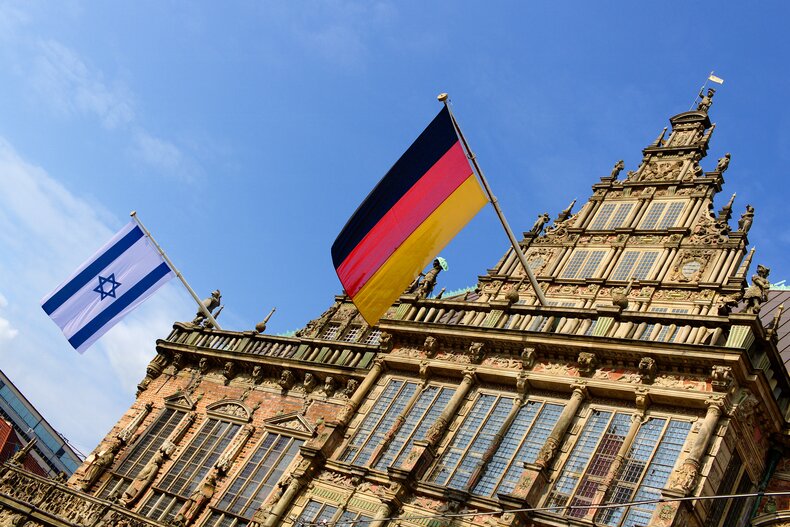
This day serves not only as a reflection on the devastating impact of these atrocities but also as a call to action, urging us to ensure that such horrors are never repeated. As we observe this date of remembrance, we must confront the pressing political realities of today’s Europe — especially rising nationalism, anti-Semitism, and xenophobia — which threaten to undermine the progress made toward building an inclusive and tolerant society.

The Holocaust remains one of the darkest chapters in human history, a stark reminder of the depths to which humanity can fall when hatred, prejudice, and dehumanization are allowed to fester unchecked. The brutality of the Nazi regime resulted in the systematic murder of approximately six million Jews, along with millions of other marginalized groups, including Romani people, disabled individuals, LGBTQ+ people, political dissidents, and intellectuals. These victims were not just numbers — they were real people, each with their own lives, families, and futures that were stolen from them. “Behind every statistic is a person, and it is this human dimension that we must carry forward as we remember and honor their memory,” underlines Ann Kathrin Linsenhoff.

Today, the need to reflect on the Holocaust and its lessons is more urgent than ever. The world is increasingly polarized, with growing nationalism, xenophobia, and anti-Semitism threatening to unravel the progress that has been made in creating more inclusive societies. In Europe as well as Germany, anti-Semitic violence and rhetoric are on the rise, with increasingly frequent attacks on Jewish institutions and individuals.
The Federal Association of Research and Information Centres on Anti-Semitism (RIAS) said it recorded 4,782 antisemitic incidents in 2023, compared with 2,616 the year before. Organisation said that the incidents range from anti-Jewish comments to attacks. Of the incidents RIAS documented last year, seven cases were classified as “extreme violence,” which did or could endanger lives or result in severe injury. There were 329 cases of targeted damage to property, 183 threats and 4,060 incidences of offensive behaviour.

This political climate, in which hate speech and extremism are given more space to flourish, is not just an issue for Germany but for the entire European continent. Across the globe, we are seeing a rise in populist movements that often rely on xenophobic rhetoric and the scapegoating of minorities. This not only threatens the integrity of historical memory but also undermines the values of equality, tolerance, and human dignity that are vital to a democratic society.
“The urgency of this moment is clear. The lessons of the Holocaust are as relevant today as they have ever been. The first and perhaps most vital lesson is that hate and intolerance are often gradual,” says Ann Kathrin Linsenhoff. The Nazi regime did not begin with mass exterminations—it started with the marginalization and exclusion of Jews and other groups through discriminatory laws and violent pogroms.

These early stages of persecution laid the groundwork for the horrors that followed. This lesson should resonate strongly today, as we witness rising hate speech, discrimination, and attacks against minority groups across the globe. History tells us that unchecked hatred does not remain static; it escalates, and if not confronted, it can lead to violence and atrocity.
The Holocaust also serves as a grim reminder of the fragility of democracy which everyone of us needs to defend everyday. “Yet, the great challenge is to come on 23rd of February as we will choose Germany’s path for next years,” underlines Ann Kathrin Linsenhoff. “In today’s political climate, where populist and authoritarian leaders are gaining traction in many parts of the world, including in Europe, we must remain vigilant in protecting democratic institutions. We must not allow fear and division to dismantle the values of freedom, equality, and justice that are the bedrock of modern democratic society,” she adds.

As we commemorate the International Day of Commemoration in Memory of the Victims of the Holocaust, we must ask ourselves what we can do to ensure that such atrocities are never repeated. The answer lies in education, vigilance, and action. It lies in confronting hate wherever it manifests and standing up for those who are vulnerable. It lies in ensuring that the lessons of the Holocaust are not just remembered, but applied in our everyday lives.
In Germany, this means rejecting the forces of nationalism and extremism that seek to divide us. It means standing in solidarity with the Jewish community and all marginalized groups. It means remaining committed to the ideals of democracy, human dignity, and equality that are the foundation of a peaceful society. Only through these efforts can we ensure that the horrors of the past are never repeated, and that we build a world where such hatred and violence are consigned to history.
Yours
sincerely

